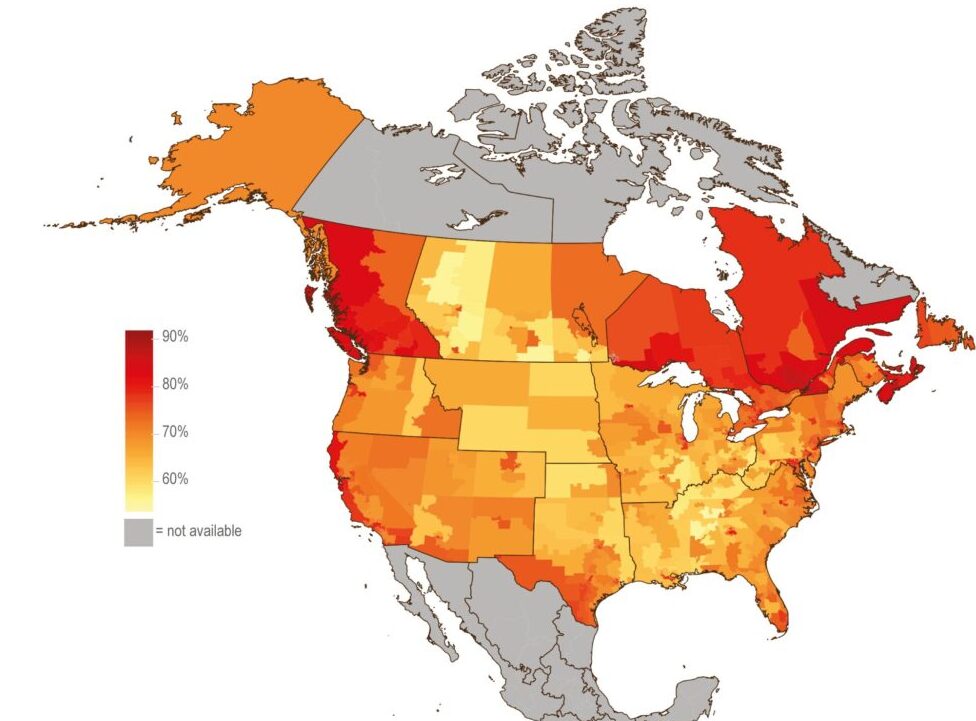Extreme highs observed over that region in May and June, according to the World Weather Attribution (WWA) consortium of scientists, were four times more likely to occur today than they were 25 years ago.
At least 125 individuals in Mexico lost their lives to heat strokes, a potentially fatal ailment that arises when the body’s natural cooling systems malfunction, as a result of the extreme heat. Thousands more people also suffered from heat strokes.
The World Wildlife Fund (WWA), which employs peer-reviewed techniques to evaluate connections between particular severe events and global warming, stated, “We likely do not know the full picture of heat-related deaths, since they are usually only confirmed and reported months after the event, if at all.”
They stated that millions more individuals are anticipated to be exposed to hazardous heat levels in the future as long as the globe burns fossil fuels and releases greenhouse gases into the sky, which worsen climate change.
Large portions of the world have already experienced scorching temperatures this year, which has been the hottest on record, before the northern hemisphere summer officially begins.Greece is experiencing its earliest heatwave ever, India is experiencing scorching temperatures for a month, and the US is seeing wildfires and extremely hot weather.
Additionally, at least 900 people perished in Saudi Arabia during the yearly hajj pilgrimage, primarily as a result of the oppressive heat, with Monday’s high of 51.8 degrees Celsius (125 degrees Fahrenheit) in Mecca.
The warmest five days and nights during a “heat dome” that persisted over the southwest United States, Mexico, Guatemala, Belize, El Salvador, and Honduras in late May and early June were examined by WWA for its study.In an environment where global temperatures have risen by 1.2 degrees Celsius since pre-industrial times, scientists have developed novel approaches to use climate models to comprehend how these kinds of severe events have evolved.
The study’s conclusion was that “the five-day maximum temperature event was about 1.4 degrees hotter and about 35 times more likely due to human-induced warming from burning fossil fuels.”
The WWA issued a warning, stating that these extremes may become even more common if people continue to burn fossil fuels in the near future.
The effects of heat are exacerbated in Mexico and Central America for those who live in informal settlements, in substandard housing, and have restricted access to cooling services.The stability of the energy supply, which is essential to the operation of healthcare institutions, is also threatened by extreme heat.
Extreme heat warming systems and action plans, along with the necessary safety precautions for outdoor workers, might strengthen Central America’s preparedness for such occurrences, according to scientists. According to WWA, creating green areas and upgrading the infrastructure in informal settlements would also aid in protecting the most vulnerable individuals.
